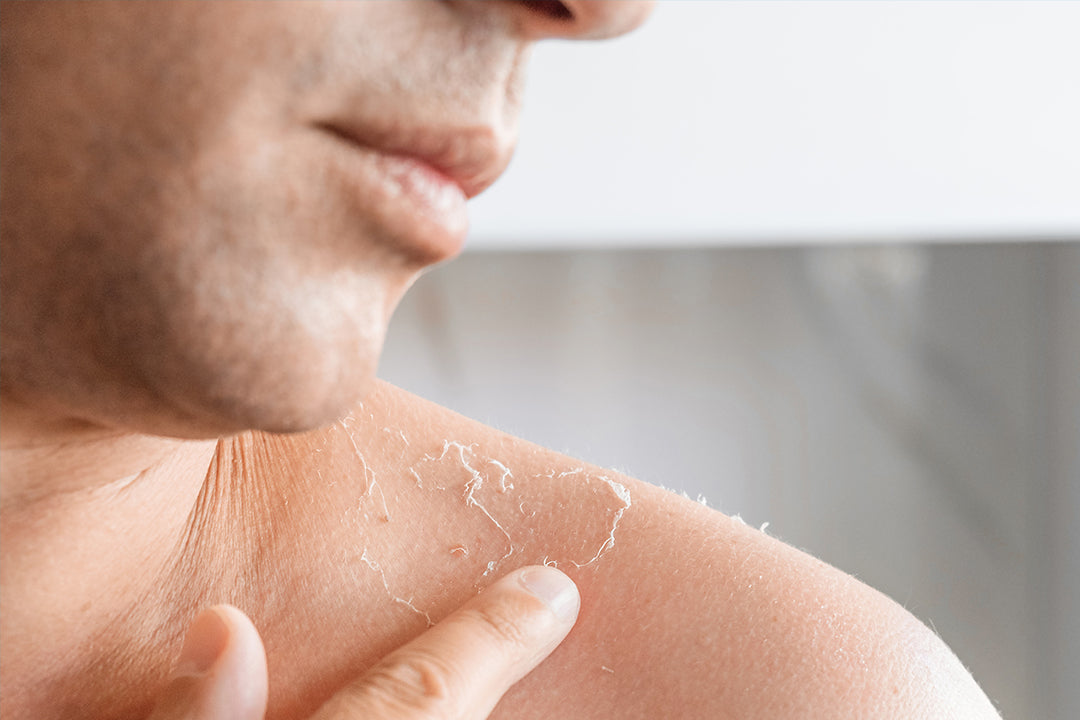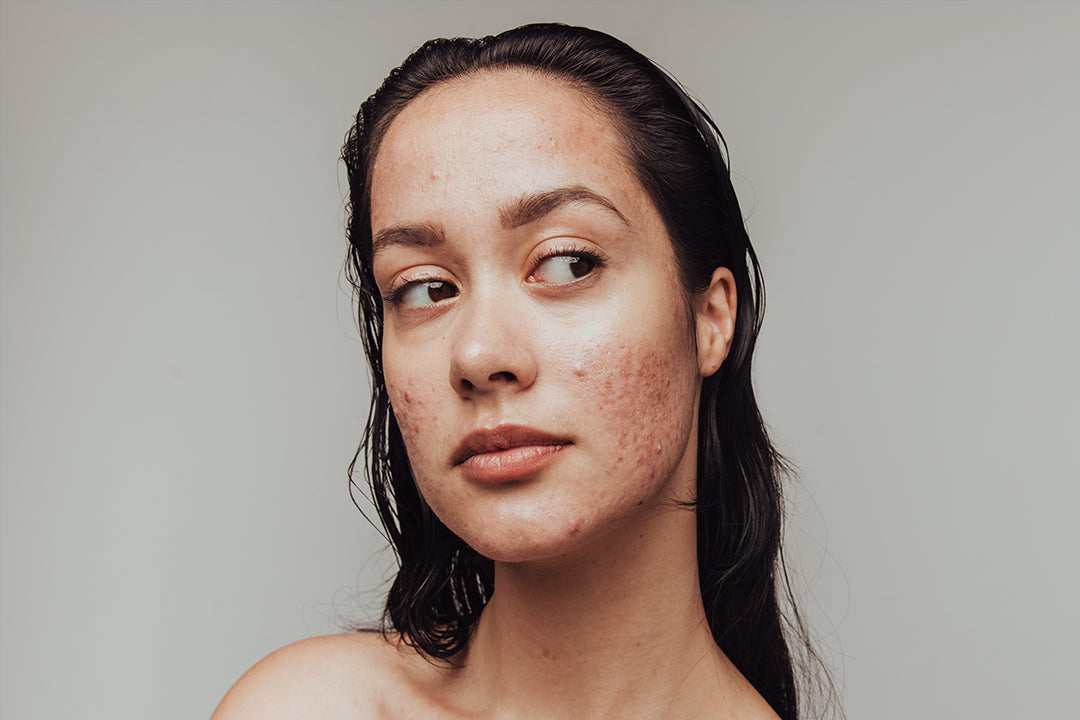When it comes to achieving healthy and youthful-looking skin, there are two powerful ingredients that often come up in discussions: retinol and hyaluronic acid. Both are highly regarded in the skincare world and have proven benefits, but which one should you choose for treating dark circles?
Understanding Retinol
Retinol, a derivative of vitamin A, is known for its anti-aging properties. It helps to stimulate collagen production, reduce the appearance of fine lines and wrinkles, and improve skin texture. But can it also help with dark circles?
How Retinol Works
Retinol works by speeding up cell turnover, which helps to fade hyperpigmentation and improve the overall tone of the skin. While it can help with dark circles to some extent, it is not specifically formulated to target this issue.
Exploring Hyaluronic Acid
Hyaluronic acid, on the other hand, is a hydrating powerhouse. It is naturally found in the skin and can hold up to 1000 times its weight in water, making it an excellent moisturizing ingredient. But can it also help with dark circles?
How Hyaluronic Acid Works
Hyaluronic acid works by attracting and retaining moisture in the skin, which helps to plump up the under-eye area and reduce the appearance of fine lines and wrinkles. While it doesn't directly target dark circles, it can help to improve the overall appearance of the skin and make dark circles less noticeable.
The Benefits of Retinol and Hyaluronic Acid Combo
While both retinol and hyaluronic acid have their individual benefits, using them together can provide even greater results. The hydrating properties of hyaluronic acid can help to counteract any dryness or irritation that may be caused by retinol, making it a great combination for those with sensitive skin.
How to Use Retinol and Hyaluronic Acid
When incorporating retinol and hyaluronic acid into your skincare routine, it's important to use them correctly to maximize their benefits. Retinol should be applied at night, as it can make your skin more sensitive to the sun. Start with a low concentration and gradually increase as your skin becomes more tolerant.
Hyaluronic acid can be used both morning and night, as it is a gentle and hydrating ingredient. Apply it to clean, damp skin and follow with a moisturizer to seal in the hydration.
The Verdict: Retinol or Hyaluronic Acid?
While both retinol and hyaluronic acid have their own unique benefits, when it comes to treating dark circles, hyaluronic acid may be the better choice. Its hydrating properties can help to plump up the under-eye area and reduce the appearance of dark circles, making your eyes look brighter and more youthful.
Takeaways
When it comes to choosing between retinol and hyaluronic acid for treating dark circles, it ultimately depends on your individual needs and preferences. Both ingredients have proven benefits and can help to improve the overall appearance of your skin, so it may be worth considering incorporating both into your skincare routine.









